Israel trying to build new case against Iran ahead of Vienna talks
As diplomats from Iran and the remaining parties to the nuclear agreement make preparations to resume Vienna talks on the removal of US sanctions, Israel has once again resorted to plots aimed at disrupting diplomatic efforts to end the US-Israeli-created crisis targeting Tehran’s peaceful nuclear program.
Israel’s minister of military affairs Benny Gantz claimed earlier this week that Iran’s drone program was a threat to the entire region, saying, “Sometimes the use of force, and a demonstration of it, is able to prevent the need for a stronger use of force.”
“Most of the drone attacks that we’ve seen so far have been from southern and southeastern Iran against targets at sea,” he claimed.
Gantz also referred to the US sanctions against Iran, saying, “I thank our American allies for the sanctions and other actions they have taken recently on this front in order to reach our shared goal.”
Israel has staunchly advocated against an American return to the Iran nuclear deal, officially called the Joint Comprehensive Plan of Action (JCPOA), which was struck between Tehran and six world powers in 2015 and was abandoned by the US in 2018 under intense Israeli lobbying.
US President Joe Biden has promised to undo Donald Trump’s own undoing of Barack Obama’s decision to ink the JCPOA as well as Trump’s so-called maximum pressure campaign against the Islamic Republic, which included draconian sanctions on the country.
Israel has intensified its attempts to derail the talks, constantly bringing up Iran’s missile and drone capabilities, claiming that Iran acts maliciously in the region, and last but not least, accusing Iran of trying to build nuclear weapons.
“Iran must not go nuclear,” Gantz professed, in remarks mindfully disregarding Iran’s assertion that it is not after building the bomb.
“This will lead to an unmitigated spread of its terror and will even lead to an arms race in the Middle East and beyond it,” he added.
The remarks come while Iran remained fully compliant with its nuclear obligations under the JCPOA – as certified in countless reports of the International Atomic Energy Agency (IAEA) – for a year after the US withdrawal. Even after Tehran decided to reduce its commitments, it did so in a legal move under the JCPOA, with the IAEA continuing to confirm that Iran has not moved toward making nuclear weapons.
On the other hand, Israel, which possesses a secretive nuclear weapons program and does not allow any inspection of its nuclear facilities, has in the last two years assassinated top Iranian nuclear scientist Mohsen Fakhrizadeh and conducted acts of sabotage at Iranian nuclear sites with total impunity, with the US and its allies ignoring such criminal actions.
“Iran won’t make concessions only because we ask them nicely,” Israel’s national security advisor Eyal Hulata said last Sunday, indicating the need for the US and its allies to launch a campaign of sanctions and military aggression against the Islamic Republic.
Opening new security case against Iran to be ‘destructive’
The US itself, in spite of promising to rejoin the JCPOA, has attempted to create tension against Iran in recent weeks, in the aftermath of Iran’s announcement that the Vienna talks will be resumed on November 29.
“Our president said they’re not going to have a nuclear weapon,” General Kenneth McKenzie, commander of US Central Command, told TIME magazine.
“The diplomats are in the lead on this,” he said, but at the same time, he went on to threaten Iran with “a variety of plans” that the Central Command “could execute if directed.”
An article published by Iran’s Nour News, affiliated with the country's Supreme National Security Council (SNSC), said that Western countries have proved in recent years that their main approach toward the Islamic Republic is opening up security cases in order to isolate Tehran instead of trying to reduce misunderstandings and problems.
“The history of the last two decades reminds us that the United States and the Zionists attempt to create a long-term security case-building process against Iran, in such a way that they can restrict Iran to a geopolitical area, which, of course, has failed to this day,” Nour News maintained.
“On the eve of the resumption of the Vienna talks, the opening of a new case against Iran’s legitimate defense capability not only will not contribute to the negotiation process but will be destructive,” it added.
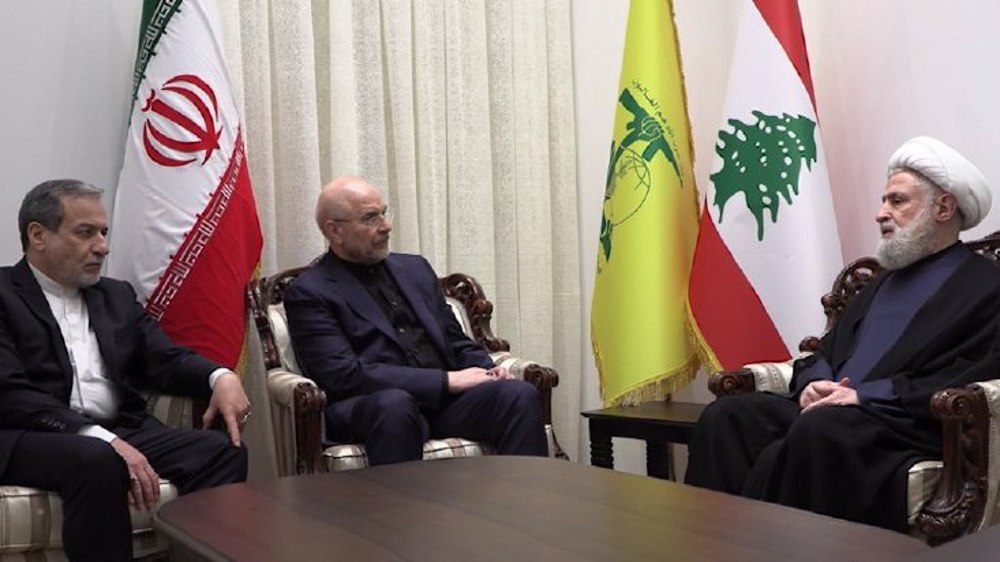
Iran’s parliament speaker, foreign minister meet Hezbollah chief in Beirut
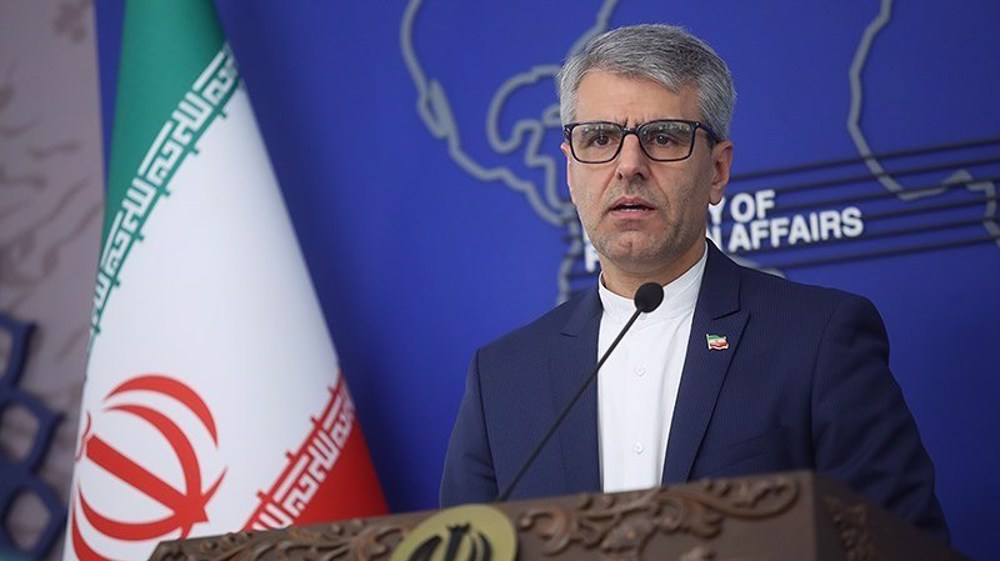
Iran: New sanctions show US 'hostility to well-being' of Iranians
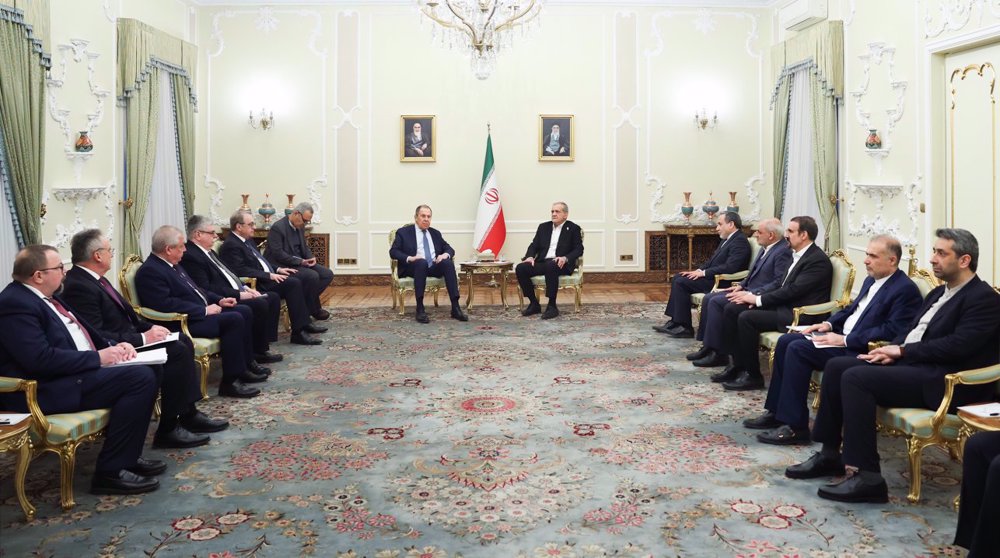
Iran’s president vows to accelerate cooperation with Russia
Iranian flotilla makes port call in India with 'friendship message'
How UK counter-terror police colluded with Zionists to detain me after Beirut trip
Biden, Blinken, Austin referred to ICC over Gaza war crimes
EU will 'do the same' if US implements tariff hikes: France
VIDEO | Press TV's news headlines
British celebrities condemn BBC removal of Gaza documentary
Iran Army acquires tactical vehicles, audio surveillance systems
VIDEO | UK police detain anti-Zionist scholar upon return from Lebanon


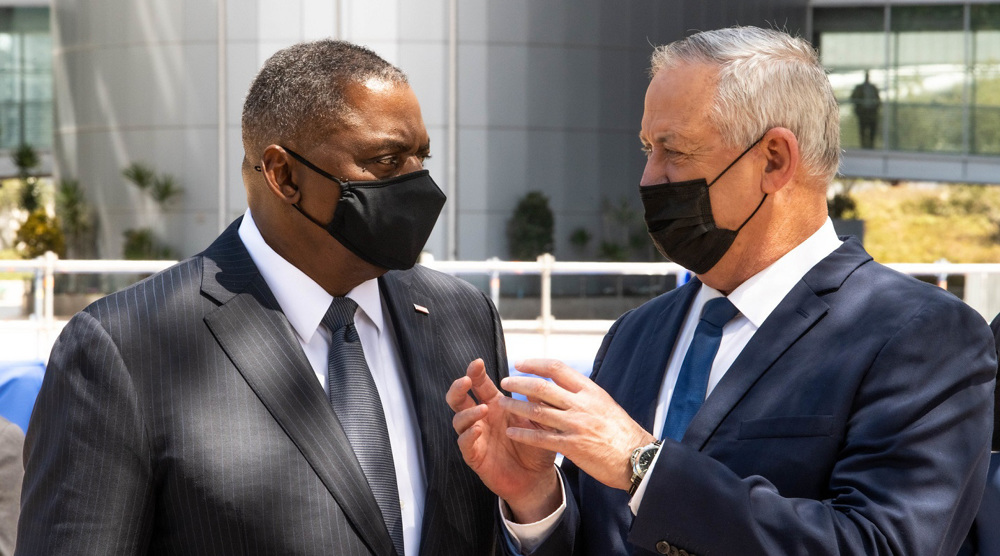
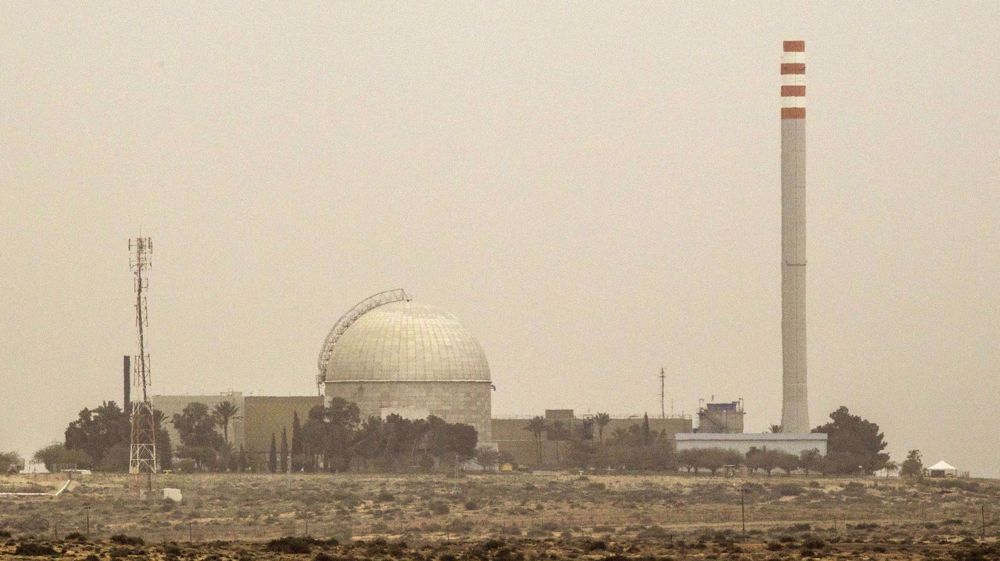
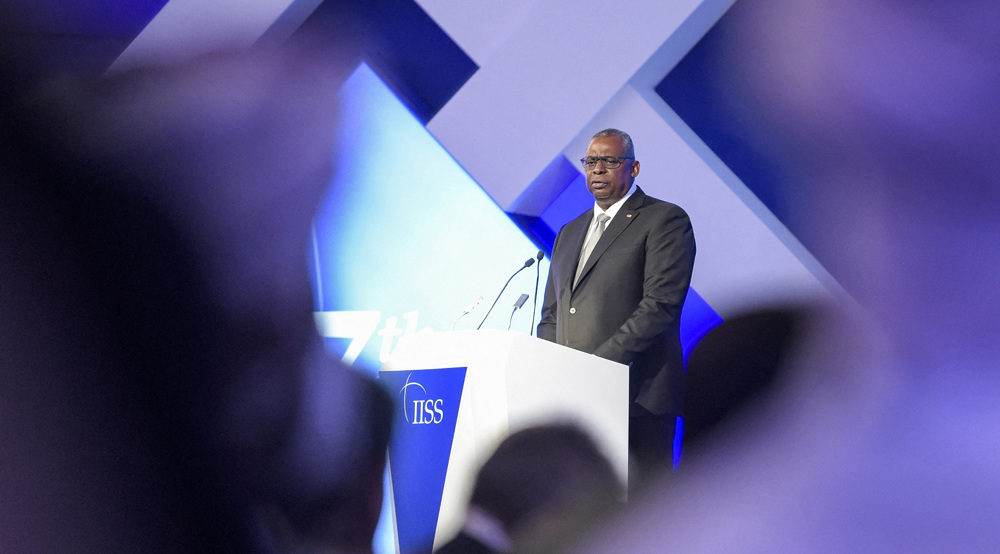
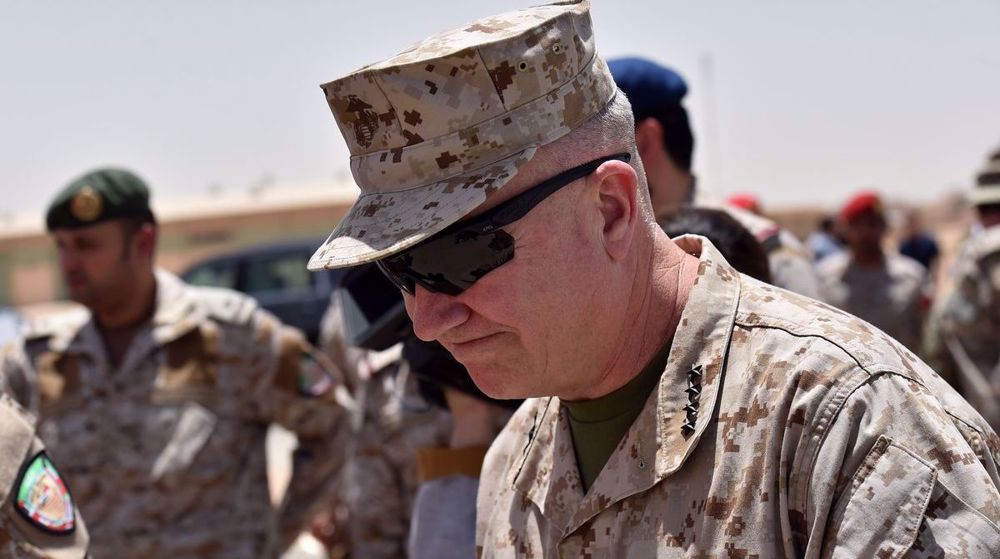
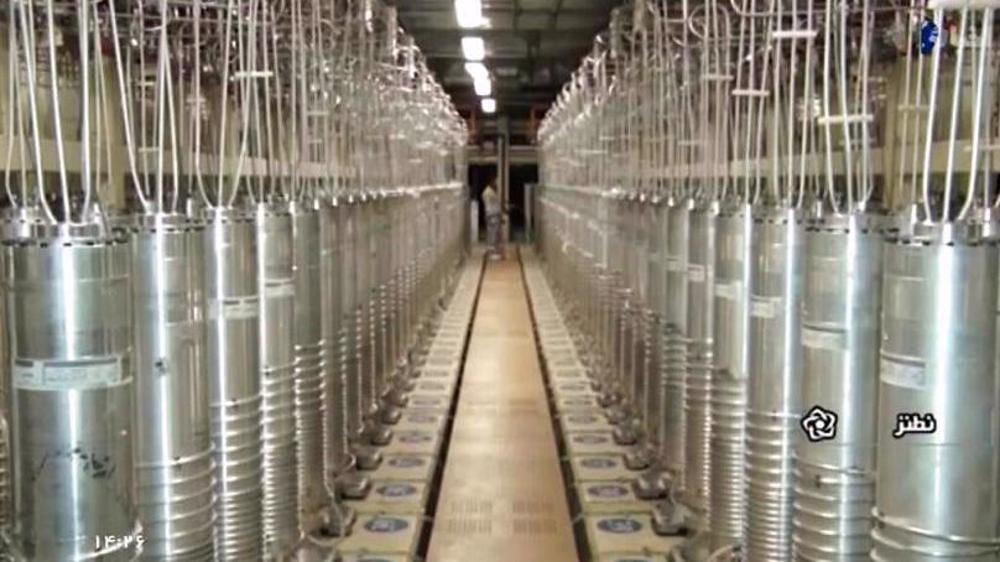



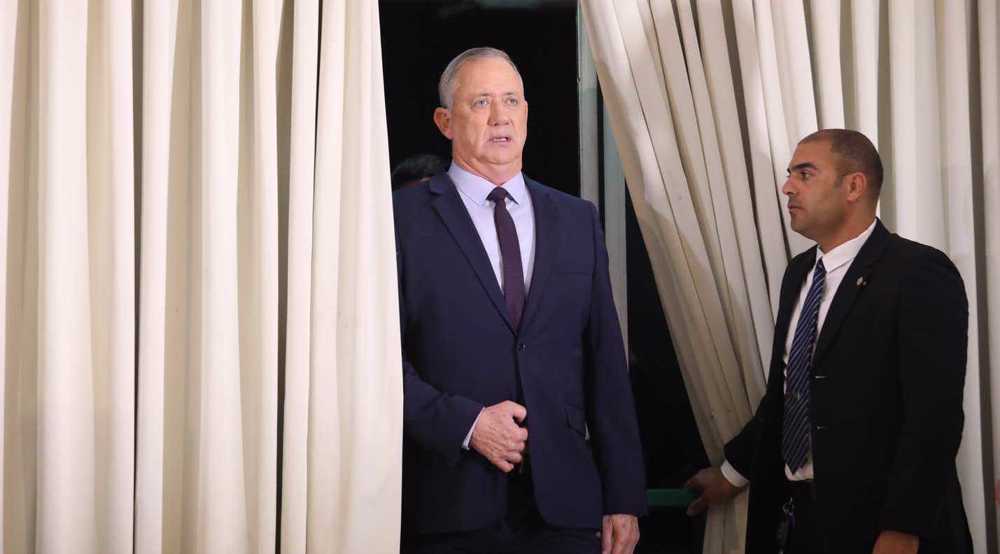

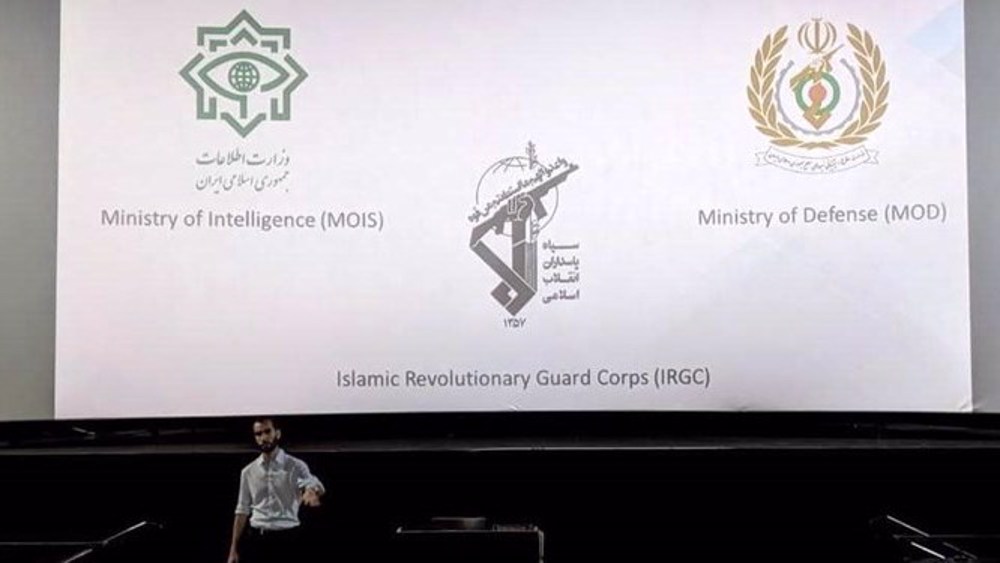

 This makes it easy to access the Press TV website
This makes it easy to access the Press TV website